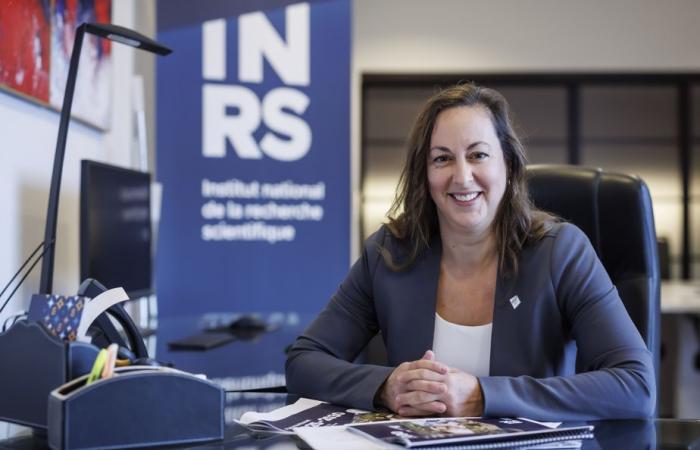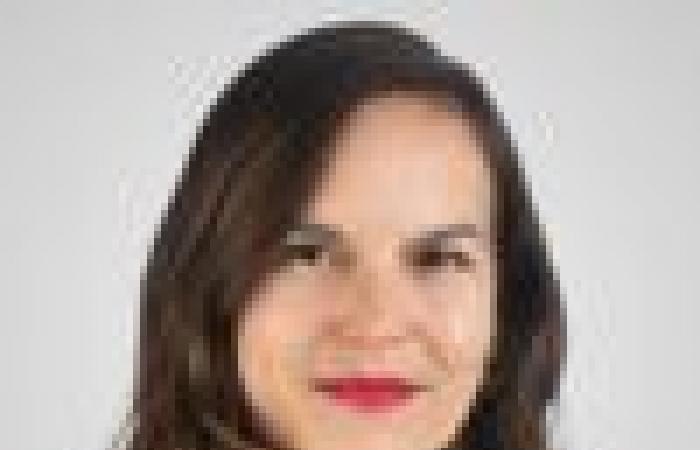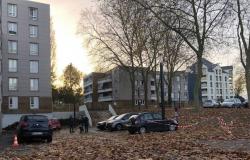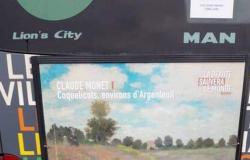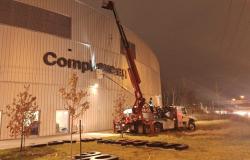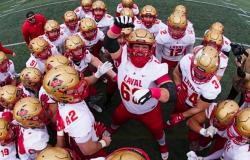Isabelle Delisle took the reins of the scientific direction of the National Institute of Scientific Research (INRS) just a few days ago. A role that she is very proud to play within this unique higher education and research establishment.
Posted at 1:36 a.m.
Updated at 1:00 p.m.
Caroline Bertrand
The Press
What motivates you in this new role?
Play a leadership role in a high-performing establishment in terms of research, training and innovation. INRS is truly in a class of its own in Quebec and Canada, coming year after year first in research intensity. Our professors and students have the highest level of funding for their research in Canada. These are important feats of arms that we do not often share or know about in Quebec. Very recently, we were ranked first in the world for our performance in sustainable development research among hundreds of establishments ranked STARS gold level [certification soulignant les actions durables des établissements d’enseignement supérieur].
What are INRS’s strengths in terms of innovation?
We have a particular mission: to carry out research, to provide graduate training on major issues oriented towards the social, cultural and economic development of Quebec, while ensuring the transfer of technological knowledge and innovation. INRS has been structured into thematic research and training centers to achieve it in the most efficient way possible: Water, land and environment, in Quebec; Armand-Frappier health and biotechnology, in Laval; Energy, materials and telecommunications, in Varennes; and Urbanization, culture and society, in Montreal. We are working on a brand new center for sustainable rural areas in Charlevoix. It shows our openness to working on new societal issues, such as what is happening with territories and resources. Our model is unique in Canada, and almost unique in the world — there are very few establishments structured this way.
What goals have you already set for yourself?
We are entering a scientific programming cycle, a highly collaborative process between the assemblies of professors from each center and their industrial, municipal and government partners. We take the pulse of the community to see the needs and issues emerging from society. Each center will have a scientific program for the next five years. Once this is done, I will draw inspiration from it, and look more broadly in Canada at the societal needs that our centers do not cover. We are obviously facing big challenges that are not great mysteries – climate change, socio-ecological transition, innovation, housing prices, homelessness, artificial intelligence – but our researchers also see the big challenges of tomorrow coming. Students and postdoctoral fellows, highly qualified people, also contribute to the discussions.
What would you say to attract students to INRS?
Our research-focused training environment is truly distinctive. Our goal is not to train biologists or sociologists, but the scientific leaders of tomorrow. People who will contribute scientifically to Quebec society by teaching, creating their own scientific business, integrating large government laboratories, becoming government advisors, etc.

